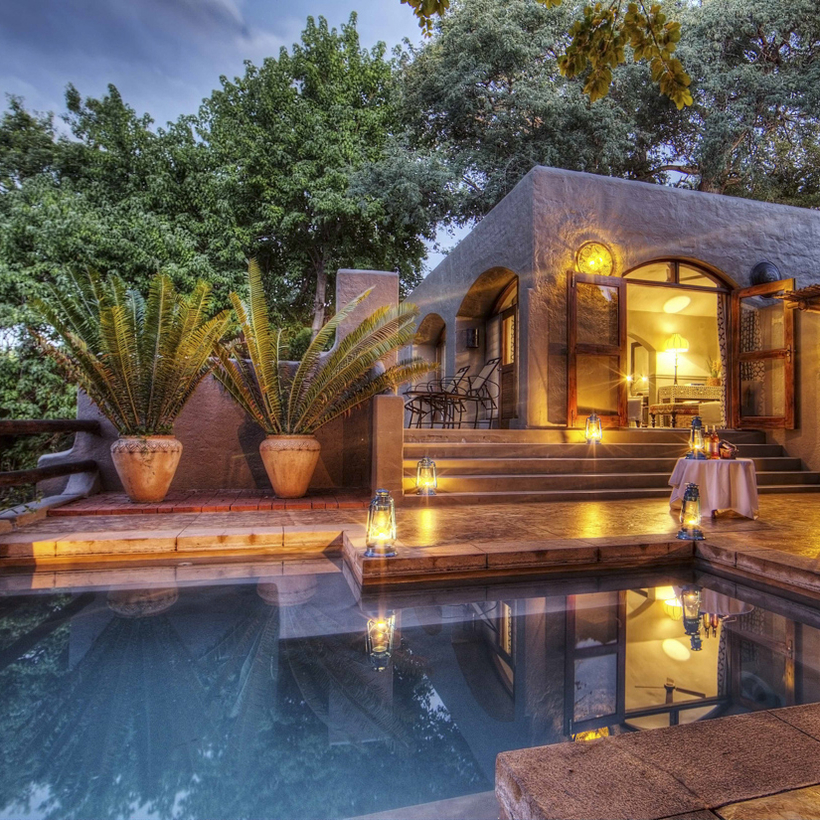When I finished Prince Harry’s memoir, Spare, my takeaway was not how ghastly the British press and the Palace are but how much I yearned to go on a Botswanian safari.
In the summer of 2016, Harry and Meghan had their third date at the rustic-upscale Meno-a-Kwena camp, in the Makgadikgadi Pans National Park, sleeping in a canvas-sided suite. Preferring a hotel endorsed by actual Hollywood royalty, I elected to visit the Chobe Game Lodge, where Elizabeth Taylor and Richard Burton wed for the second time. The ensuing news coverage was what first put Botswana on the jet-set map. Today, tourism is second only to diamonds when it comes to the southern-African nation’s economy. Incidentally, Taylor was a glamorous advocate for both.


